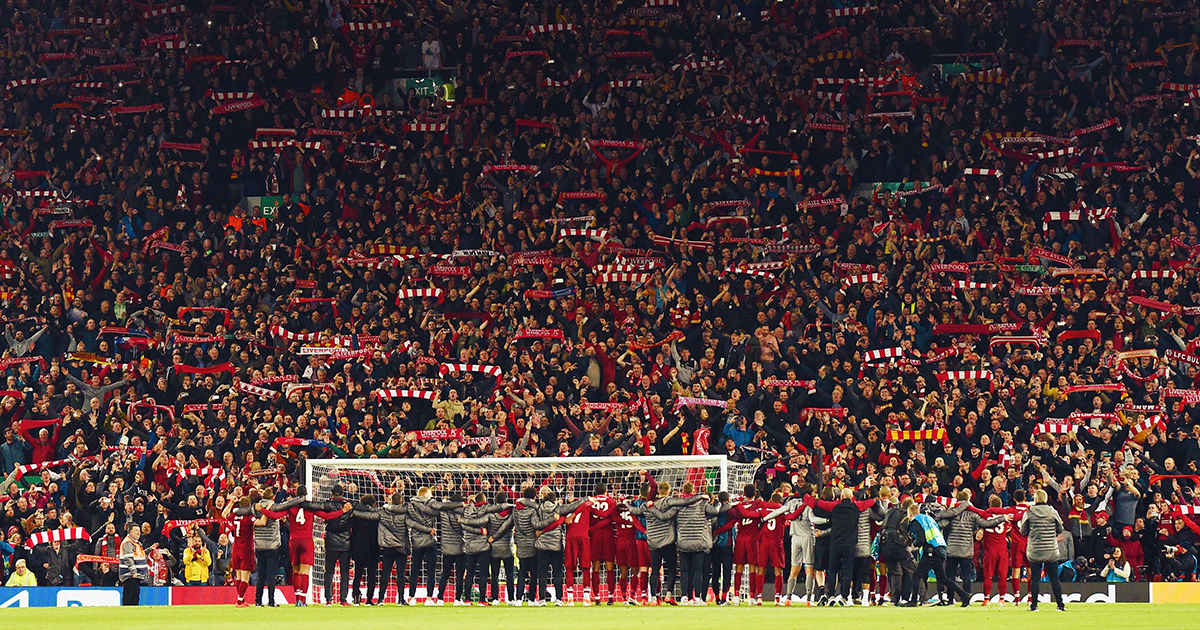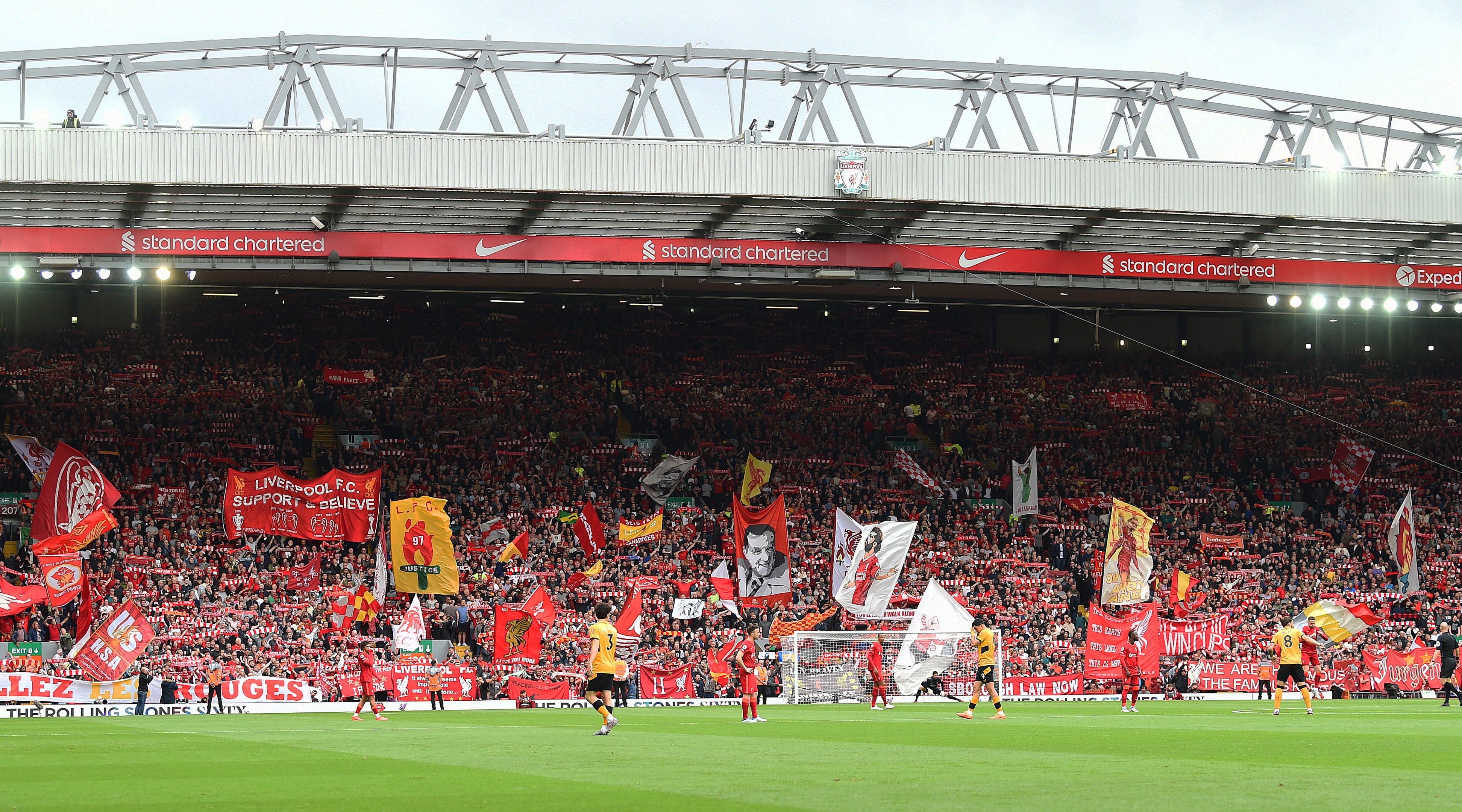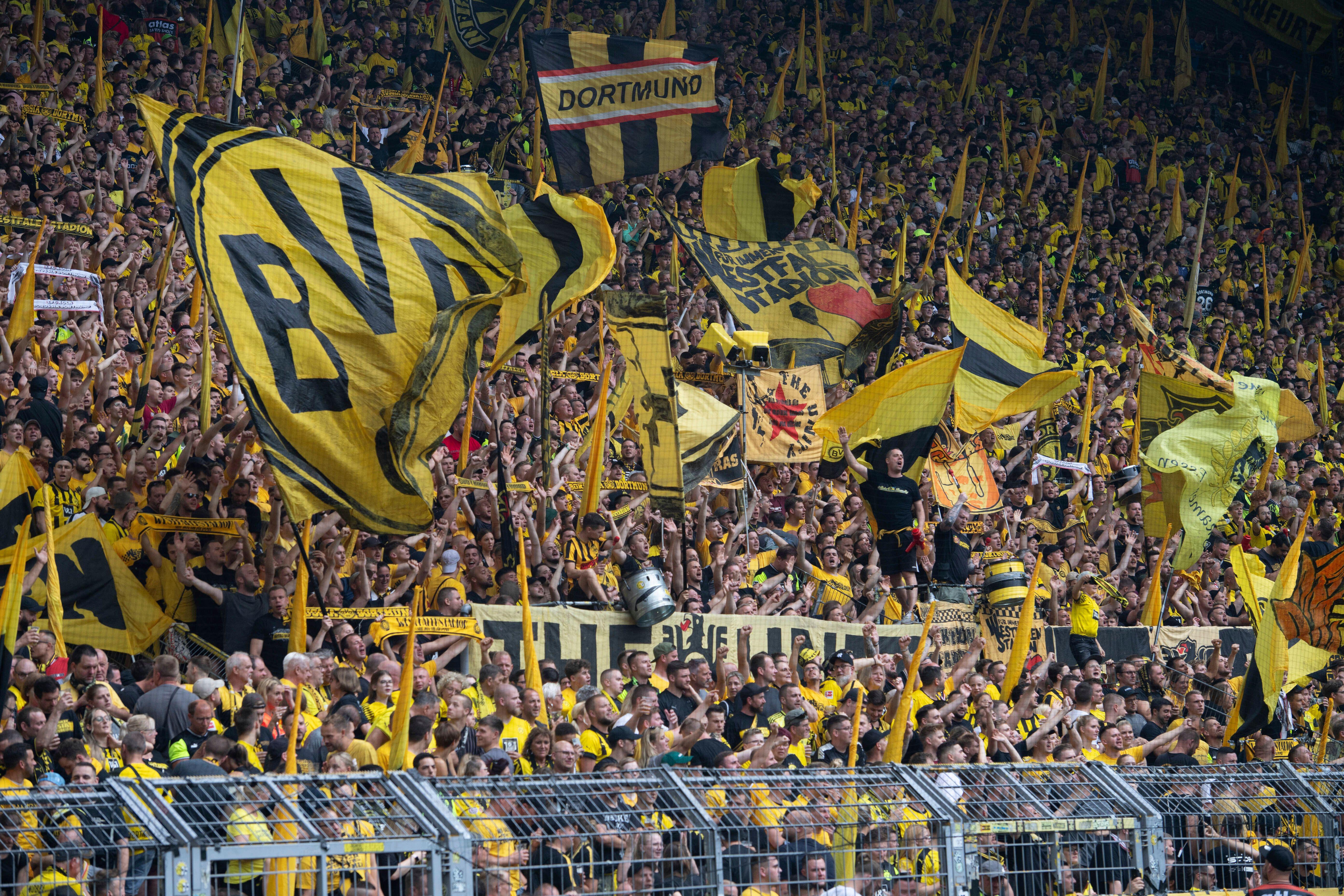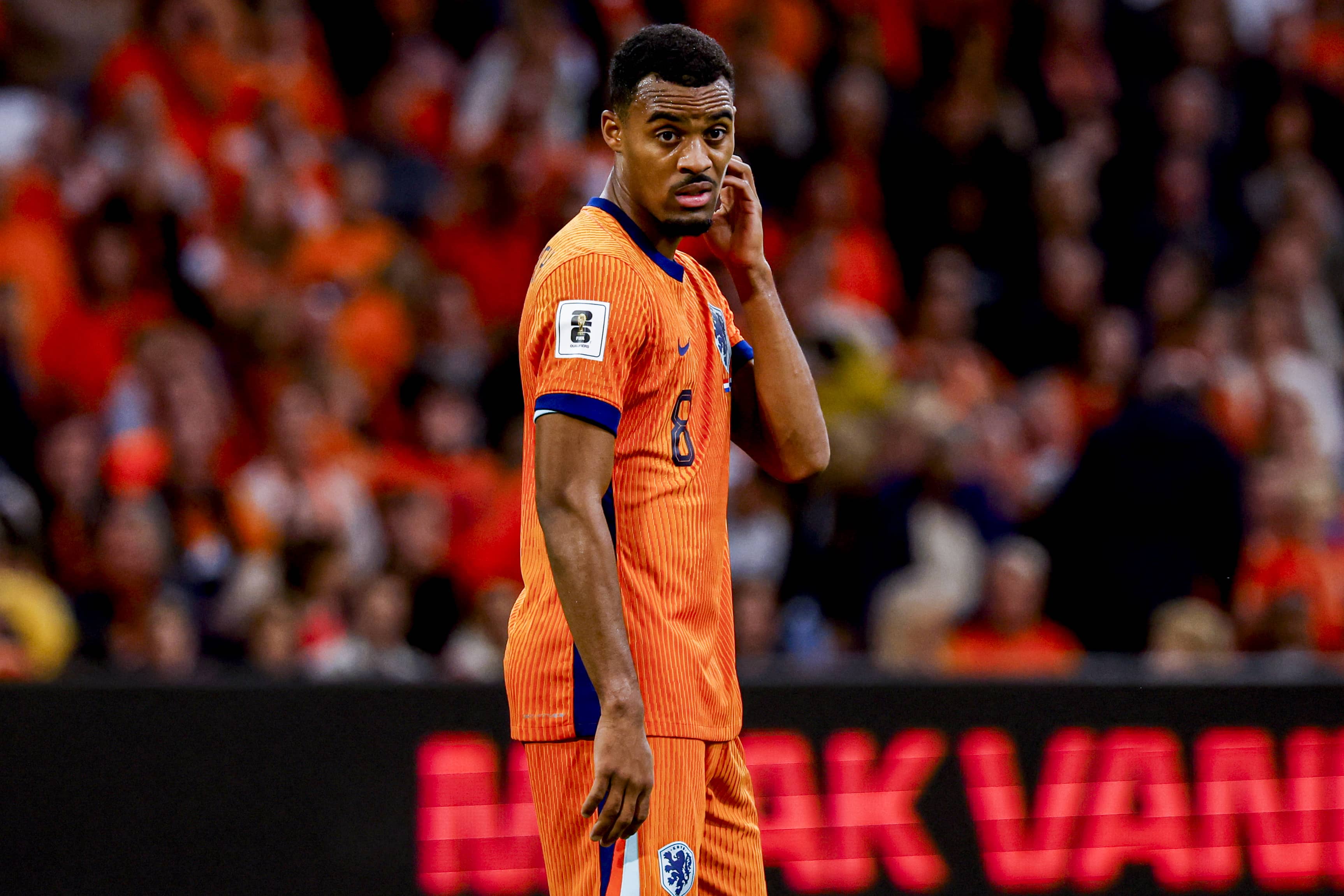You’ll Never Walk Alone – The origins of one of football’s most famous songs
Why was it first sung and why is it so famous within the football world ?

You'll Never Walk Alone is a song that is synonymous with emotional renditions sung by Liverpool, Borussia Dortmund and Celtic supporters, with the three clubs adopting the classic to be played before home games.
First released in 1945, Gerry and the Pacemakers adapted You'll Never Walk Alone in 1963 to a song of their own, which has since taken on a life much bigger than the band could have ever imagined.
In 2016, You'll Never Walk Alone had never been heard so cleanly, as Liverpool hosted Borussia Dortmund at Anfield in the Europa League. Fans all raised their scarves in the air, with the Anfield crowd then taking over the song as the music is cut from the speakers, leaving just the voices of both sets of fans.
Why was You'll Never Walk Alone first sung ?

You'll Never Walk Alone is perhaps the most famous football anthem in the world, yet its origins have nothing to do with football. In 1945 a musical called Carousel used the song as a show tune to comfort and encourage a suffering character.
Its fame, however, begins when a Liverpool based band called Gerry and the Pacemakers turned the song into a single that hit the charts across the UK in October 1963.
With music being such a pivotal part of the culture of Liverpool as a city, the music on the charts were played over the public address system at Anfield with the Kop swaying and singing along. She Loves You by The Beatles was famously sung as a news reporter stood in front of the Kop to talk about the connection between music and Liverpool fans.
The top 10 were counted down as kick-off got closer and in the weeks that YNWA was at No. 1 the Kop began to expect it to be played just before the players ran out. Fittingly in the 1963-64 season Liverpool won the league and You’ll Never Walk Alone was etched into Liverpool history forever.
The best features, fun and footballing quizzes, straight to your inbox every week.
Famously, legendary Liverpool manager Bill Shankly - who ranks at no.4 in FourFourTwo's list of the greatest managers ever - spoke to Gerry Marsden and told him: “I have given you a football team and you have given us a song.”
Alongside Liverpool, Celtic and Borussia Dortmund are the two clubs most famous for using YNWA as the club anthem. Ian Callaghan, who made 640 appearances for Liverpool, suggests that it was after Liverpool’s clash against Celtic in the 1966 Cup Winners’ Cup semi-finals that led to the Scottish side adopting it as their own song.
Callaghan said: “The atmosphere was just electric, it really was, so maybe it got to them and they adopted the song.”

For Borussia Dortmund, the use of YNWA pre match originates from the band Pur Harmony, who were convinced by friends to cover the version sang by Gerry and the Pacemakers. Dortmund fans themselves, the band then gave their cover to the stadium announcer to see if they would play it, back in 1996. Thirty years later and YNWA is an ever-present pre match ritual for the Yellow Wall, as it is with the Kop and as it is at Celtic Park.
Although undoubtedly not the reason for YNWA’s initial popularity across football grounds, it is fitting for a club like Liverpool, with their plethora of famous comebacks and the city’s resilience in the wake of the tragic Hillsborough disaster, that the song’s message is one of unity and resolve.
Ben is currently studying for his NCTJ qualification with News Associates after graduating from Durham University. He is an avid Liverpool fan, lover of tactics and long-time enthusiast of FourFourTwo’s quizzes. His favourite memories of being a journalist so far include his interview with musician Banners that featured in the Liverpool FC Programme, as well as Jurgen Klopp signing his article for his student newspaper on Klopp’s brilliant tenure at Anfield. When he does play football he plays as a bizarre striker/right-wing/right-back hybrid.

